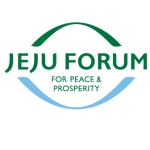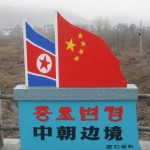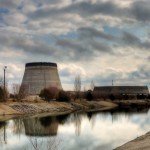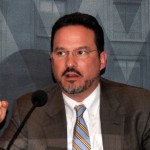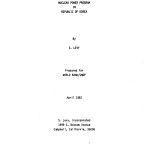
Recent probes have unveiled irregularities involving a parts supplier to Korea Hydro and Nuclear Power Co., the state-run operator of the nation’s nuclear plants. Products were certified for use despite failing to meet quality standards and the revelation led to four nuclear reactors being shut down.
Concerns about the safety of South Korea’s nuclear plants have been long-standing, as the following report, prepared for the World Bank and UNDP in April of 1982, outlines. The findings of the 1982 review of the ROK’s regulatory aspects and operational safety of nuclear power plants were concerning, with the principal conclusions stating that it is “essential and urgent that there exist in the Republic of Korea a strong, independent and competent nuclear regulatory function as well as associated Korean safety laws, regulation, criteria, codes and standards.” It further state that “it is important to recognize that, by contrast to oil and coal power plants, operating nuclear power plants require continued upgrading in personnel training, equipment, and operational safety bases…”
This report was obtained by the Nautilus Institute under the Freedom of Information Act. Please click here to view other documents obtained through FOIA.



